My favorite response to this question is “A water softener doesn’t cost – it saves”
A typical family of 4 will save $40 to $70 per month just by installing a water softener.
But I know that is never the answer that you are looking for. If you haven’t had a water softener before, it is a natural question, and I’m going to try to give you a really good idea of what you can expect to spend to operate a water softener. As usual, I’m going to try to avoid as much technical detail as I can, so if you see any technical details that aren’t quite right, you probably know how to adjust what I’m saying or already will know how to figure out the costs yourself.
There are 4 areas that could be considered operating costs – electricity, water, sewer and salt (or potassium for some users). Because of the nature of the costs, I will deal with electricity first, then water, sewer and salt together, then touch on potassium chloride.
Before I start, I need to let you know how I came up with the numbers. I used actual water softeners installed in my home. We had 4 – 5 people living in the home, water hardness averaged 13 grains per gallon. This is a pretty common number in our area, and if your hardness varies. you can make adjustment from there. Other factors I’m using are $0.20 per pound of salt, water at $1.12 per cubic meter, and sewer at $0.703 per cubic meter.
Electricity
While there is one brand that uses water flow past gears to operate instead of electricity, Almost all water softeners use electricity to run. Primarily to operate timers and drive motors. The amount used will be very small – not much more than a clock.
Normal operation of an electronic water softener will have the clock running continuously and the power draw is so small I consider it negligible. When the motor is moving the valve during recharge, it is still a small demand and at electrical rates of 8.9 cents per kwh a typical annual electrical cost will be under $1.00.
Salt, Water and Sewer
The cost of these items will vary depending on water hardness, how much water you use and the water softener control.
The first control factor is if the unit is demand or timeclock driven. A timeclock softener will recharge on a fixed schedule. This is the most wasteful way for a softener to work. Our softener had to recharge every 3 days, using 60 pounds of salt per month. These softeners are usually not very water efficient either – using over 50 gallons per recharge. So that means a total monthly operating cost of under $15.
Then we tried a demand softener. These softeners track the water that you use and recharge once a preset volume of water has been treated.They are advertised to use about 1/2 of the salt and water. Our experience was an actual savings of 20%. So this unit cost under $12 per month to run.
Then we used a Culligan Aqua-Sensor. These units rely on electronics to measure the condition of the unit to determine when they need to recharge. It makes a lot of sense since the water hardness varies throughout the year to measure the bed, and as long as the unit functions properly, it will save salt and water. Unfortunately, we had to set the softener for a higher salt dosage for it to work, but we did see a 40% savings. This unit cost us less than $9 per month.
Finally we tried and Ecowater Refiner. This is a demand water softener that tracks water use int he home but includes other factors to reduce costs:
- Upflow regeneration is far more efficient in salt and water use and makes softer water
- Proportional brining recharges only the portion of the capacity used
- A sophisticated algorithm better predicts when recharge is needed
- Average water usage per recharge is only 32 gallons
Added all up, we saw a salt savings of 66% and a water/sewer savings of 80%. Total operating cost – less than $5
Potassium Chloride
This can be used as a salt replacement for recharging your water softener. If you are drinking soft water it is a good choice, and the plumbing code recommends it for softeners draining into septic systems.
It is over 3 times the price of salt and your conditioner will use more than salt.
So as i said at the start, a water softener doesn’t cost – it saves!
Call us to see how:

